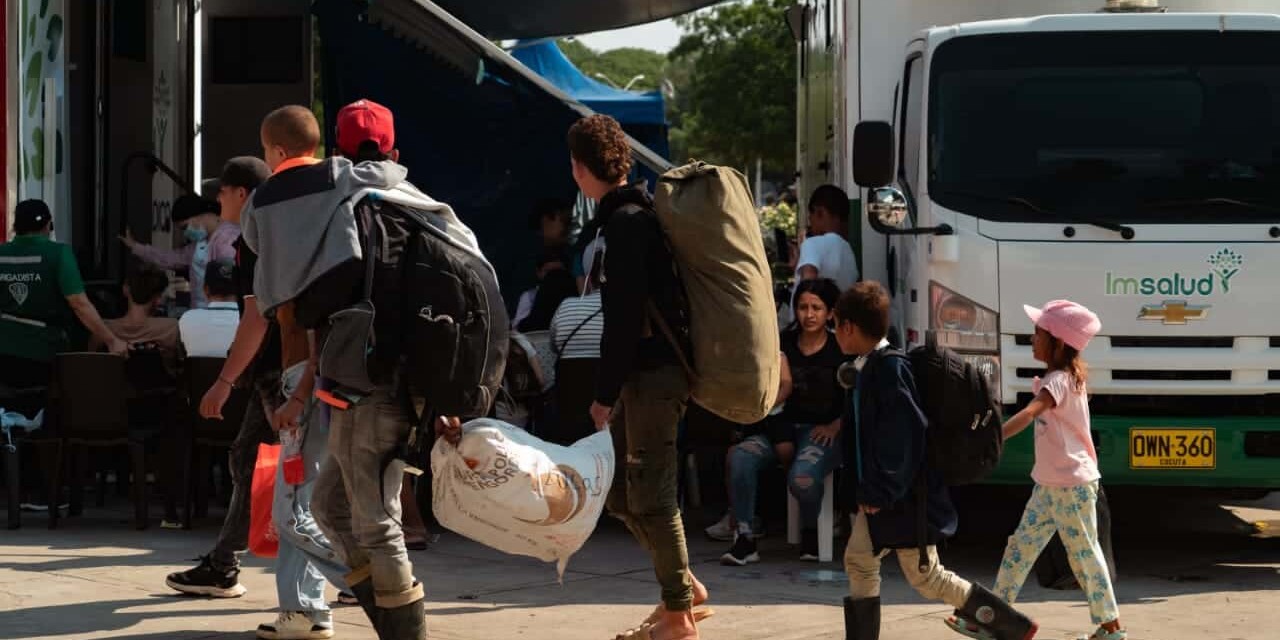We Reluctantly Join the UN in Having to Acknowledge Today
Today is recognized by the UN as International Day to End the Use of Child Soldiers. While we appreciate that the issue of child soldiers being used in conflict around the world is receiving a spotlight today to gain more awareness, we’re also more than a little torn that it takes an ‘International Day’ to make people more aware of the plight of child soldiers.
First, some facts on why the UN recognizes today for child soldiers:
The occasion is the anniversary of the optional protocol to the Convention on the Rights of the Child on the involvement of children in armed conflict (OPAC) of Feb. 12, 2002. In June 2013, an initiative was launched aimed at completely stopping the recruitment of child soldiers by 2016. But the reality for the estimated 300,000 child soldiers worldwide looks completely different.
Our own issues page is a further resource for getting a fuller understanding that reality. Here briefly excerpted from that page are some important details that we have learned from our own research and involvement in the issue:
While there are many reasons offered for why children join the armed forces, the thread that links all of the reasons concerns issues of survival. Although children who enlist in the armed forces of their own accord are seen as voluntary participants, there are economic and social factors that largely influence their decision.
One reason that is often mentioned for voluntary enlistment is the economic pressures felt by the children’s families, as poor families are often unable to support their children and provide them with food and education during times of war. Families in this situation often reason that the best alternative for children is to join the armed forces, where they will be provided with food every day. Street children often join because they see no other positive alternative, as they have no family and live each day in uncertainty.
Others who join the armed forces seek to avenge the deaths of their relatives, by fighting in opposition to armed forces that killed them. Girls occasionally use the armed forces as an escape route from domestic servitude, enforced marriage, and abuse at home. Despite “voluntary enlistment” by children, armed forces often continue to forcibly remove children from their homes to join their ranks in the face of clear resistance from children and their families.
Our project work continues today – and everyday, to find ways to improve the lives of former combatants as they reintegrate into their communities. In 2015, we hope to build on the models that have been put in place by our teams in both Uganda and Colombia. And we hope that some day, the UN doesn’t have to devote an International Day to End the Use of Child Soldiers.
Learn more on how you can support our work in Uganda and in Colombia, by clicking here.



